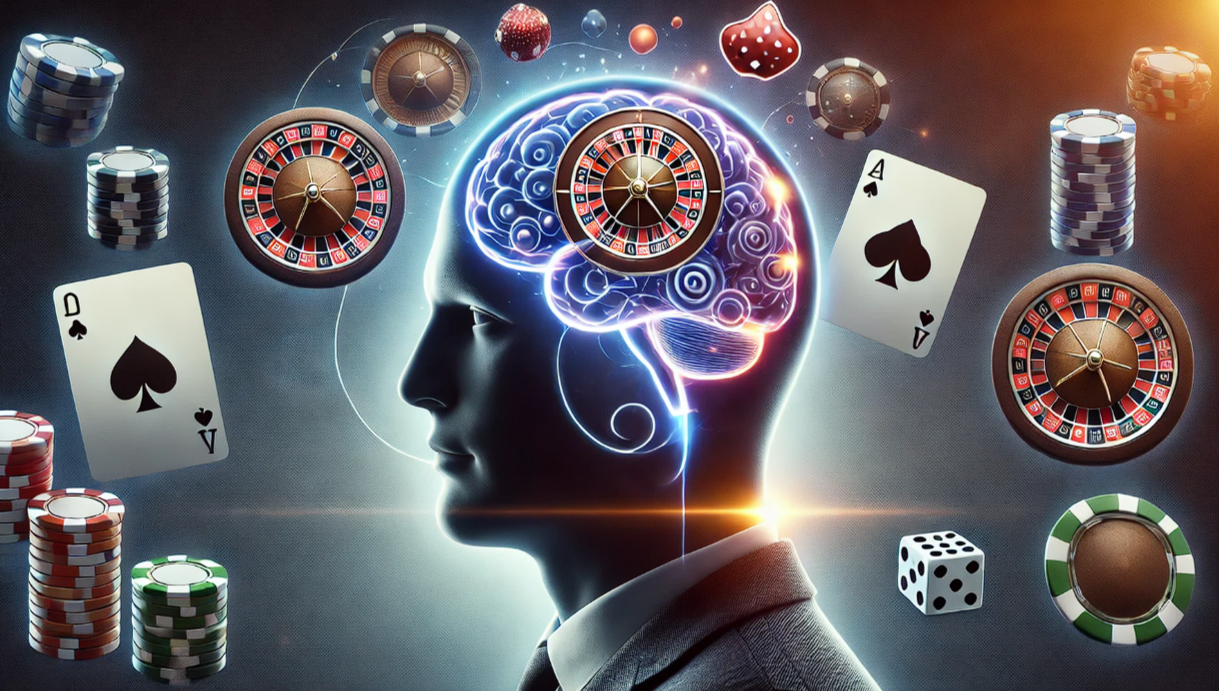Betting can be an exciting and rewarding pastime, but for some, it can also become an uncontrollable habit. Understanding the psychology behind betting addiction is essential to recognizing the signs and seeking help before it’s too late. In this article, we will explore the factors that contribute to betting addiction, how the brain responds to gambling, and practical tips to break free from its grip.
The Science of Betting Addiction
How the Brain Reacts to Betting
Betting triggers the release of dopamine, a neurotransmitter associated with pleasure and reward. This chemical surge creates a sense of excitement, similar to the feeling experienced when achieving a personal goal or receiving positive feedback. Unfortunately, this reward mechanism can lead to addiction when the brain becomes dependent on the rush.
The Role of Variable Rewards
One of the key psychological principles behind betting addiction is the concept of variable rewards. Unlike consistent rewards, variable rewards occur unpredictably, making them more psychologically stimulating. This phenomenon is the foundation of why people keep betting even after multiple losses.
Psychological Factors Influencing Betting Addiction
Risk Perception and Illusion of Control
People with betting addiction often believe they have control over outcomes, even when results are entirely random. This illusion of control fuels the desire to keep betting, as individuals convince themselves that they can predict the next win.
Escapism and Coping Mechanism
For some, betting becomes a way to escape reality or cope with stress and personal issues. This emotional reliance on betting heightens the risk of addiction, as individuals feel the need to chase the emotional high of winning.
Social and Environmental Triggers
Social influences play a significant role in betting addiction. Friends or family members who regularly bet may create an environment where gambling feels normal. Additionally, betting advertisements and promotions can reinforce the urge to participate.

Signs of Betting Addiction
Recognizing the signs of betting addiction early is crucial. Here are some common indicators:
- Inability to stop betting despite negative consequences.
- Lying to friends and family about betting activities.
- Chasing losses with more bets.
- Neglecting personal responsibilities due to gambling.
- Feeling restless or irritable when not betting.
The Consequences of Betting Addiction
Betting addiction can have severe consequences on one’s mental health, finances, and relationships. Some of the most common repercussions include:
- Financial debt and bankruptcy.
- Mental health issues, including anxiety and depression.
- Strained relationships with loved ones.
- Loss of employment or academic opportunities.
Strategies to Overcome Betting Addiction
Seek Professional Help
Consulting a counselor or therapist specializing in gambling addiction can provide valuable support and coping strategies. Cognitive-behavioral therapy (CBT) is especially effective in addressing addictive behaviors.
Implement Self-Exclusion Programs
Many betting platforms offer self-exclusion options, allowing individuals to block access to their accounts for a predetermined period. This step can help break the cycle of compulsive betting.
Build a Support Network
Surrounding oneself with supportive friends and family is crucial to overcoming addiction. Sharing struggles and celebrating progress can significantly boost motivation and accountability.
Practical Tips to Stay on Track
- Set strict limits on betting frequency and amount.
- Use apps or tools to monitor spending habits.
- Practice mindfulness and stress management techniques.
- Replace gambling with healthy hobbies, like sports or creative activities.
Final Thoughts
Betting addiction is a serious mental health issue that requires understanding, support, and proactive measures. By acknowledging the psychological factors and taking practical steps toward recovery, individuals can regain control and lead healthier lives.
